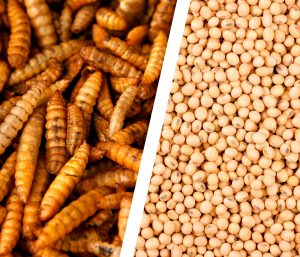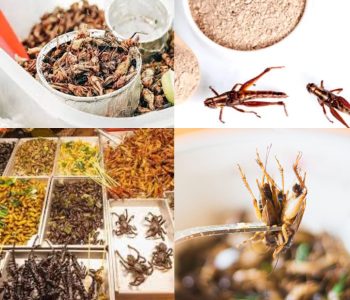
Recent efforts led by East African scholars have yielded a groundbreaking global atlas focusing on edible insects, providing an in-depth exploration of their diversity and significance within food systems and sustainability frameworks. This endeavor arrives amidst mounting concerns driven by population growth and escalating demands for nutritious food.
Urgent Call for Sustainable Approaches
Addressing Knowledge Gaps
Revealing Insights
Drawing from a diverse array of sources including literature, the Global Biodiversity Information Facility, iNaturalist, the Copernicus Land Service library, and FAOSTAT, scholars conducted an exhaustive analysis spanning country, regional, and continental levels. Their findings illuminated commonalities and variations in edible insect consumption practices, unveiling correlations with factors such as land cover, insect presence, population size, and income levels.
While insect consumption is deeply ingrained in African, Asian, and Latin American cultures, a growing awareness of food sustainability is fueling interest in Europe. This study underscores the burgeoning significance of edible insects in shaping the trajectory of global food systems, emphasizing the need for proactive strategies to promote their integration for sustainable food production.
Published in the esteemed journal Scientific Reports, this study marks a significant stride in comprehending and harnessing the potential of edible insects to tackle global food security and sustainability challenges.
